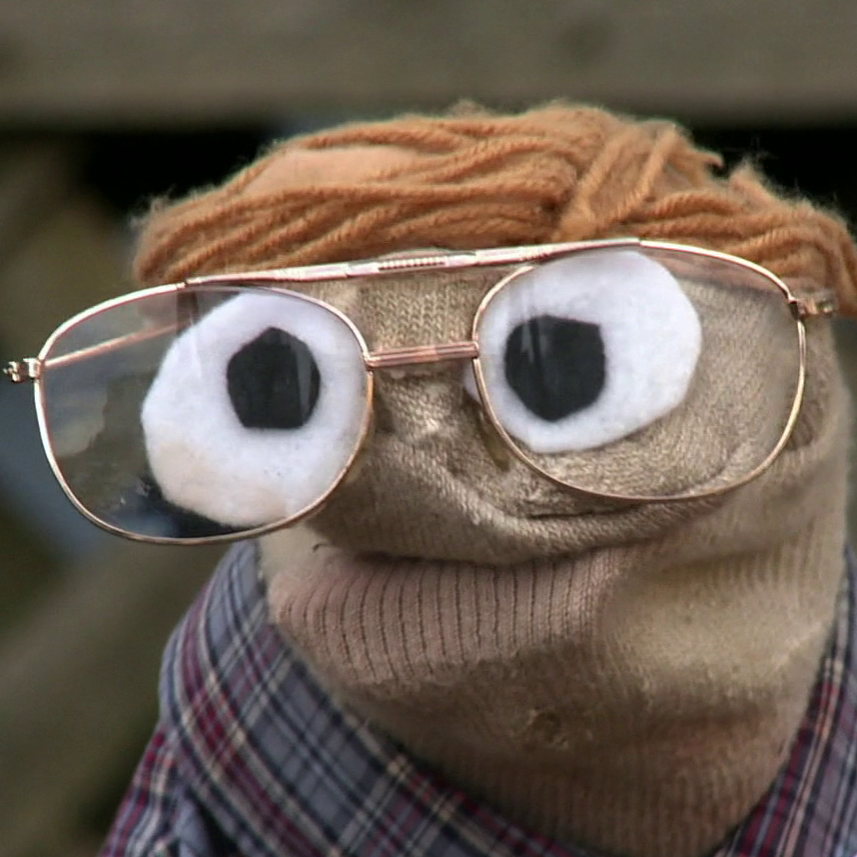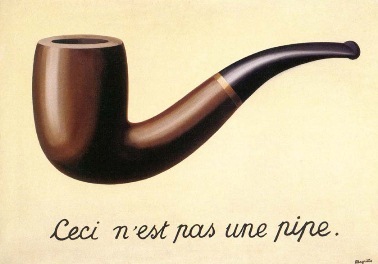‘There is no such thing as a real picture,’ says Samsung exec.::Samsung’s head of product is now saying that every photo is fake. Samsung’s new Galaxy S24 phones increase the ways that the company uses AI to produce pictures.
I used to work in medical imaging and weirdly pedantic people would say this all the time about digital photography. They say that even just the act of Debayering makes it artificial
I mean, even film is using crystals to make the picture so that isn’t real either.
And don’t get me started on the shit with how we actually see things. What photo? What reality? Is this a simulation?
Everything is just perception man… Just waves of energy flowing down a massive cosmic river.
But somehow I don’t think this is Samsung’s official position.
deleted by creator
deleted by creator
The digital signature thing doesnt work when the device signing the photo has the built in capability to significantly manipulate the photo using AI (which is what samsung and friends are putting forth as a feature)
deleted by creator
Yeah- I don’t have any clue how you can prove it wasn’t edited, with a signature.
I mean, there’s a real point there, but it’s expressed feebly, and by a simpleton - or at least through a language barrier. When you perceive anything, it’s through your biological filters; we do not see what is “really there” but only what is relevant to our reality. The same is true of cameras - they’re designed to capture a similar range to what our nervous system sees. But to say “there is no real picture” is to import philosophical concepts which are not appropriate to the discussion of photography, which presumes a pristine state to be captured and recorded. You stop playing the “photography” game when you drag in concepts that you can’t simply “point” at and “shoot”.
There’s no language barrier, his name is Patrick Chomet and he’s fluent in English and lives in London. He’s also definitely not dumb. He’s making a cynical argument that since all images have some level of post processing that they should all be viewed as “fake” on a Boolean level while conveniently ignoring the magnitude of post processing.
Ignoring the magnitude and the intent.
I mean, even leaving out the philosophy, there’s a very real sense that we’ve always been choosing how we want our pictures distorted.
When we capture light, we need to make choices about what specta of light are represented most heavily, how much light to capture, how quickly to capture it, what order we capture it in, and how we map the light onto the capture media.
We readily accept a computer making choices about all these settings to give us a picture that’s more representative of how we see the scene that we’re photographing.
It doesn’t feel like too much of a stretch to extend that to account for the human perception being able to, effectively, apply these settings differently across the perceptive scene.
You can see details on a white person and black persons faces at the same time, which nieve film and digital systems have a weirdly hard time with because of how color works. To make that work we have to go well beyond point and shoot.Same goes for things like image stabilization, and techniques used for capturing a moving subject and the background at the same time.
Now, I’m not saying there isn’t a line where it stops being photography and starts being something else, but his statement sounds like a language barrier technical statement, rather than philosophical.
Yeah, I just wrote someone else’s dissertation on this topic. I think it’s safe to say some are less real than others, though.
I mean they’ve been using “AI” filters for years. Absolutely atrocious software.
watermarks and metadata
It’s a start at least. Now make them impossible to remove.
Someone will just use ai to remove them though











